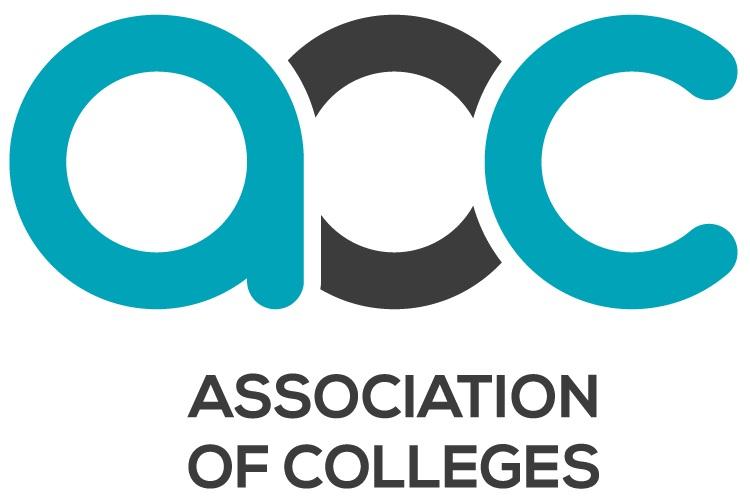Survey of Green Colleges highlights wealth of innovations

Waterless urinals, generators powered by cow slurry, walls insulated with denim jeans and cars powered by chip fat are among the innovative green features identified by a new survey of colleges published today.
The survey was undertaken to mark the launch of the Association of Colleges “Green Colleges” initiative, which aims to showcase college best practice and help them become as green as possible.
Over 150 colleges in England completed the survey. The findings include:
· 70% of the colleges who responded have undertaken an energy survey and another 19% plan to do so
· 77% of colleges encourage their staff and students to travel “green”
· 100% of colleges have recycling facilities of some sort
· 58% of colleges have an environmental energy policy and a further 36% intend to adopt one
Some of the more innovative college features include Walford and North Shropshire College’s new £2.7million teaching facility, The Harris Centre, which has been designed to incorporate a number of energy-saving features, including an “anaerobic digester” which generates additional electricity by converting cow slurry from the college farm into methane gas fuel.
Meanwhile at Somerset College, the Genesis Centre is a model of sustainable construction. It’s insulation includes recycled newspaper, wood, and cotton denim jeans. The toilets demonstrate the latest systems and devices for water conservation, with surfaces around the hand basins made from recycled yoghurt pots. The foundations of the building include recycled material from the demolition of a Dutch barn and the college’s 1970’s Metric building.
Elsewhere the Duchy College (part of Cornwall College) runs four cars and a minibus in the college fleet on “bio-fuel” made from used chip fat which has been collected from local businesses and City College Plymouth’s Innovation Centre in Devonport lives up to its name ““ it has two 6kw wind turbines on its roof and water-free urinals that feature special filters and sealant liquids.
There is still more to be done however. Colleges are urging the Learning and Skills Council, which has recently invested significantly in new buildings, to offer further assistance; 84% of colleges would like the LSC to set up a fund for green projects costing under £100,000.
Tim Smit, Eden Project co-founder, is backing the Green Colleges initiative. He said:”Our centres of learning have for many years been quietly going about the business of academia, but now is the time for them to become activist in turning statements of optimistic vision into action, so that we, the new battalions in the war on the careless destruction of our only home planet, can get behind them.”
Dr John Brennan, AoC Chief Executive, said: “Colleges are playing a critical role in developing environmental curricula to equip young people and adults with specialist skills and knowledge. Many others are already delivering on the environmental agenda by, for example, incorporating innovative sustainable features in new buildings, introducing recycling stations or implementing greener transport policies.
“But more can always be done ““ which is why AoC is working to showcase college best practice to exemplify that sustainablity is achievable and to help colleges access the advice, guidance and funding that is available to support sustainable development.”











Responses